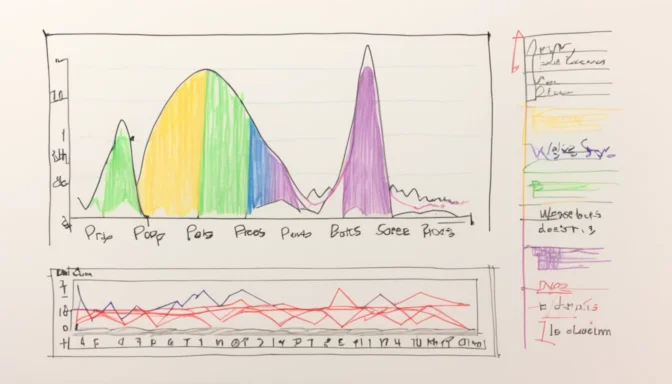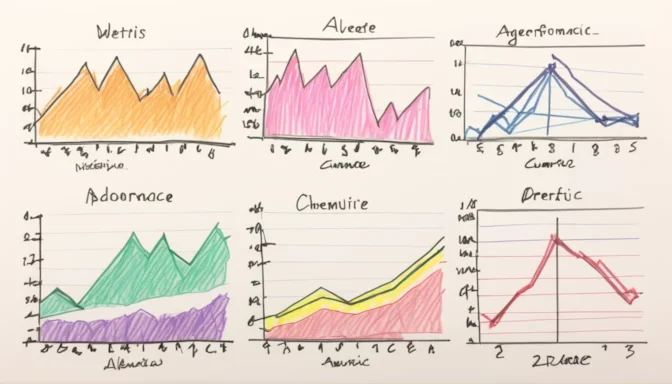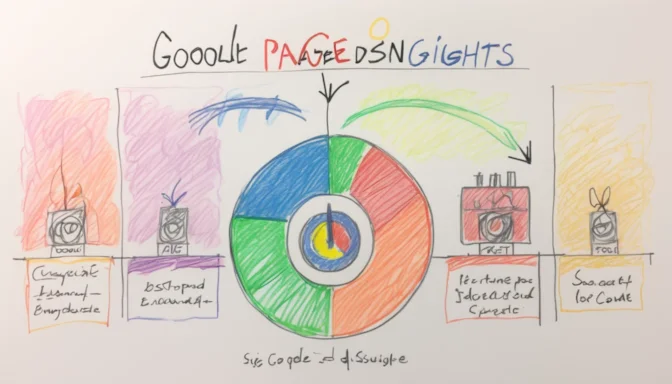What is Considered a Good Page Speed?

Google suggests a good page speed is under two seconds, particularly for ecommerce platforms. This is vital for both user experience and conversion metrics.
Average Page Load Speed Across Different Industries
Page load time differs among industries. For instance, media sites generally load in 5.5 seconds, retail takes around six seconds, and tech sites require about 6.8 seconds.
How to Measure Your Page Speed

Tools like Pingdom's Website Speed Test can help you analyze your site's load time and identify areas for improvement.
The Role of Page Speed in On-Page SEO
Page speed is a pivotal factor in SEO. Aspects like web hosting and page size can have a significant influence on this speed.
The Consequences of Bad Page Load Speed

A slow load speed can detrimentally affect both user experience and SEO. Google advises that site content should load nearly instantaneously for best results.
Why Does Page Speed Matter?

Page speed is crucial as it strongly influences user behavior. If loading takes more than 3 seconds, over 25% of users are likely to leave for a faster site.
Understanding Lazy Loading
Lazy loading improves page speed by only rendering part of a webpage's content initially and delaying the rest until required.
Average Website Performance Metrics

Typical webpage load times are 2.5 seconds on desktop and 8.6 seconds on mobile. First Input Delay (FID) speed averages at 12.73 ms on desktop and 59.73 ms on mobile.
Is Google's Page Speed Data Accurate?

Google PageSpeed Insights generally offers accurate metrics, although it may not cover all user experiences like Incognito Mode browsing.
Does Page Speed Affect Search Engine Ranking?

Yes, page speed is a verified Google ranking factor. Meeting Google's minimum Core Web Vitals can positively influence your search engine standings.
 E-Commerceo
E-Commerceo
